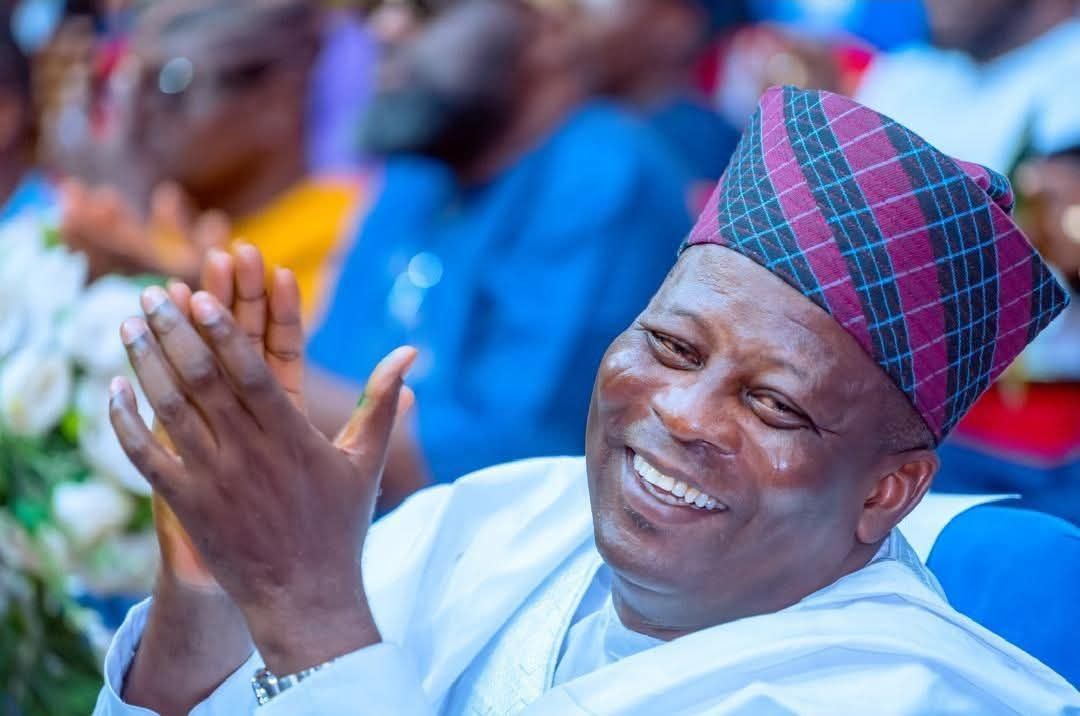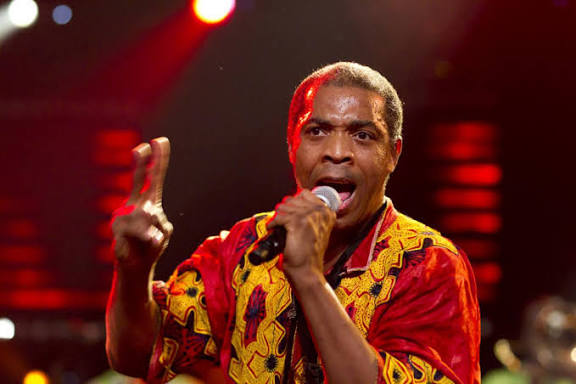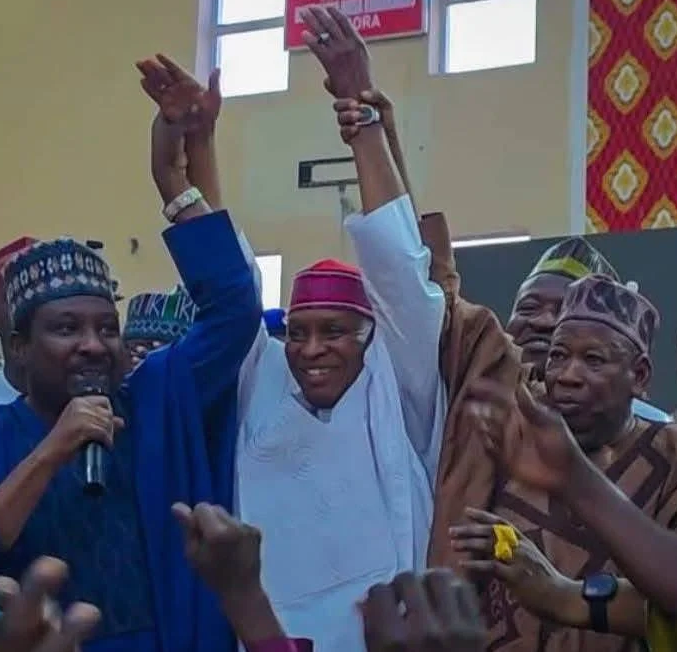The proposed judicial reforms in Israel have caused an uproar among citizens, leading to some of the largest protests the country has seen in recent history. The reforms, which would give the government greater control over the selection of judges and restrict the Supreme Court’s power to declare laws unconstitutional, have been seen as an attack on the independence of the judiciary and a threat to democracy.
Many Israelis view the judicial system as a vital safeguard against abuses of power by the government, and the proposed reforms have raised concerns about the erosion of democratic principles. Critics argue that the reforms would allow the government to stack the courts with judges who are sympathetic to their agenda, undermining the impartiality and integrity of the judicial system.
Prime Minister Benjamin Netanyahu’s announcement of a pause on the reforms in response to the protests has been seen as a significant victory for the demonstrators. However, many remain wary of the government’s intentions and have vowed to continue protesting until their demands are met. The fact that Netanyahu had to resort to delaying the reforms in the face of public opposition highlights the strength of the protests and the extent to which they have galvanized public opinion.
The protests have also been fueled by wider tensions within Israeli society, particularly the growing rift between members of the military and the government. The firing of Defense Minister Yoav Gallant was seen by many as a politically motivated move by Netanyahu and has been interpreted as a sign of his willingness to use the military as a pawn in his political games.
Overall, the protests in Israel represent a powerful expression of the people’s desire for a fair and just society, and a warning to the government not to take the trust and support of its citizens for granted. The fact that the government was forced to delay the proposed reforms shows that the people of Israel are willing to stand up for their rights and freedoms, and are not afraid to hold their leaders accountable when they feel their interests are being threatened.
Source: Aljazeera
Advertisement





